As surfers, we spend quite a lot of time close to nature. It could be argued that there is no single activity that is as in tune with nature as surfing. Riding waves in the ocean that are created by storm systems thousands of miles away is about as close to nature as you can get. It’s surfing’s proximity to nature that drives surfers to protect the environment. The ocean is our playground, and it is heartbreaking to see it filled with trash, single-use plastics, and discarded fishing gear. As a traveler, your movement already weighs heavily on the environment. The carbon emissions from one long flight exceed approximately 14% of your car’s annual fossil fuel emissions. Additionally, modern traveling is ripe with wasteful single-use products. So, what is a traveler to do? Without giving up travel altogether, there are a few steps travelers can take to help reduce their environmental impact while on the road. If you’re visiting our Nosara surf school and want to reduce waste during your journey, continue reading below for How to Travel Sustainably When You Visit Our Nosara Surf School.
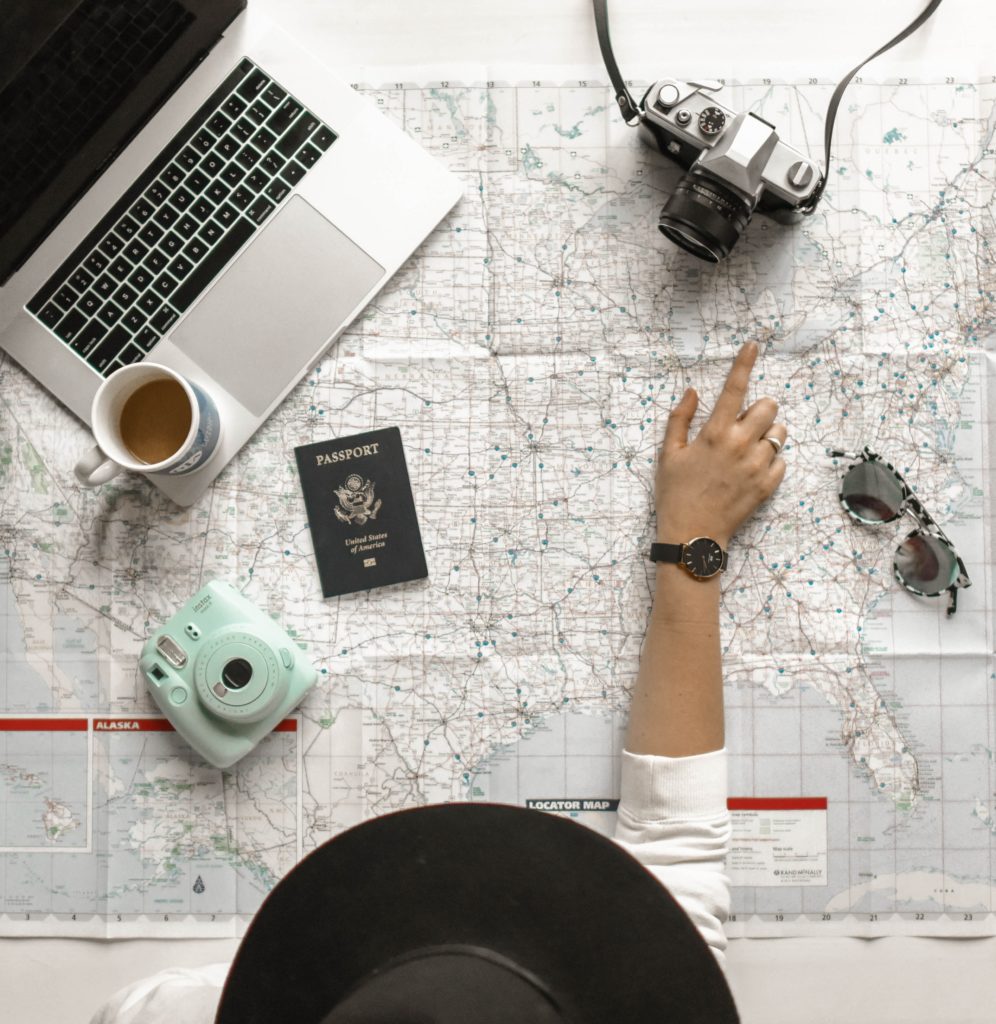
Pick your destination wisely
When it comes to sustainability, not all destinations are created equally. Certain states and countries prioritize reducing waste and protecting their environment, and others do not. Fortunately for the guests at our Nosara surf school, Costa Rica is one of the world’s leaders when it comes to environmental protection. Approximately 28% of Costa Rica’s land is protected as national parks, nature reserves, and wildlife refuges. Additionally, Costa Rica has reversed its deforestation by over 200% since the 1980s. The Costa Rican government encourages hotels to take up sustainable practices and reduce their environmental impact.
Bring your own bottle
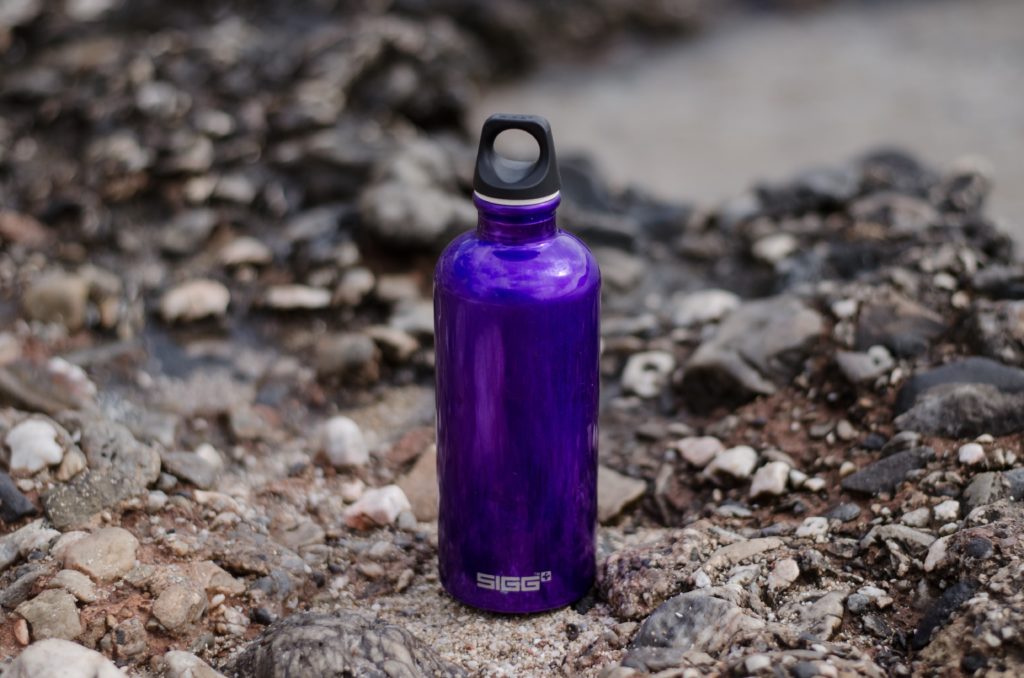
It’s no secret that single-use plastics plague our oceans. The water bottles you drink at home may spend some time in a landfill, but ultimately, they’ll find their way to the ocean, where they will spend eternity endangering wildlife. Wherever you may be traveling, we highly encourage you to bring a reusable water bottle with you to reduce your personal use of single-use plastics. Unlike many Central American countries, most of Costa Rica has potable water. So you don’t have to worry about buying water bottles once you get here. If you do find yourself in a destination without potable water, buy the biggest water bottle possible and refill your personal, reusable water bottle from that.
Bring your own snacks
To save money and reduce waste during your travel days, bring your own snacks. Airport food is overpriced and often wrapped in plastic. Rather than buy junk food at the terminal, bring healthy snacks for the journey. Make sure to pack your snacks in reusable contains, and you’re sure to reduce your daily waste.
Pack reusable goods

Sadly, a lot of travel goods are made with single-use plastics. Whether your toiletries are travel-sized or not, chances are they are bottled in plastic. Shampoo, conditioner, deodorant, toothpaste, and body wash all typically come in plastic packaging and bottles. Rather than use traditional toiletries, shop for sustainable options like shampoo bars, sustainably packaged deodorant, and plastic-free toothpaste bottles. Finding sustainable toiletries is easier than you think. It’s likely your local drug store has plenty of sustainable options to choose from, even Old Spice makes sustainable packaging for their deodorants now.
Go in the offseason
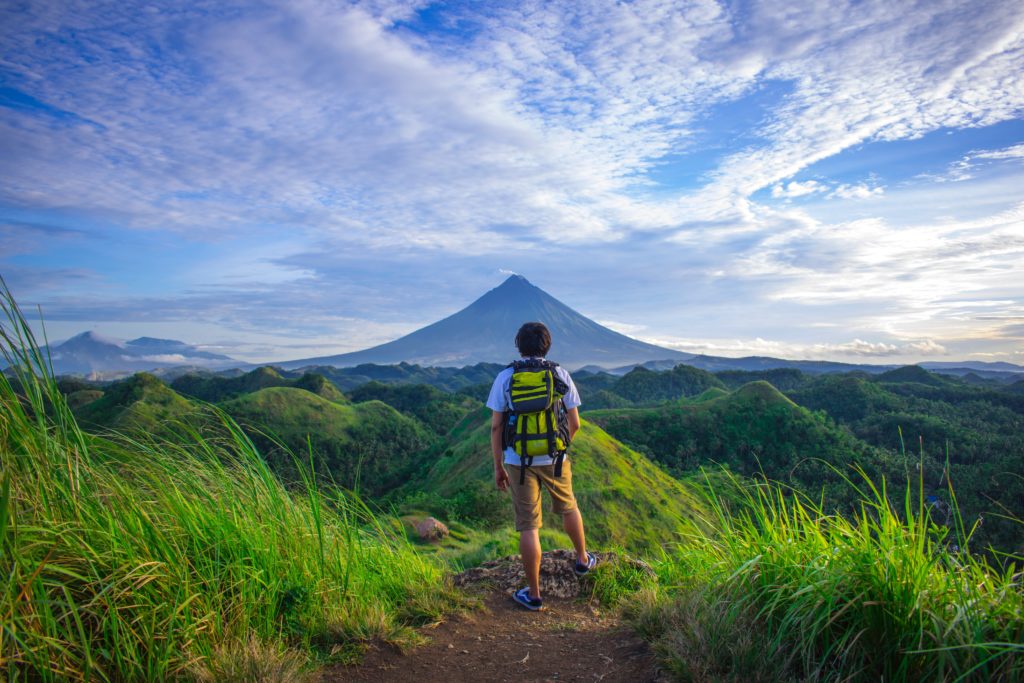
Sadly, travel has become so popular that it can be physically damaging to certain destinations. Over tourism is a problem that plagues destinations around the world and has caused many popular attractions to even shut down temporarily for recovery. To combat over-tourism and give destinations and locals a much-deserved break from the chaos of mass tourism, consider traveling in the offseason. Every popular travel destination has an offseason. For Central America, surf travel season actually lines up with the regular travel offseason, which is our rainy season. So, if you’re visiting our Nosara surf school during the rainy season, you’re doing your part.
Spend locally
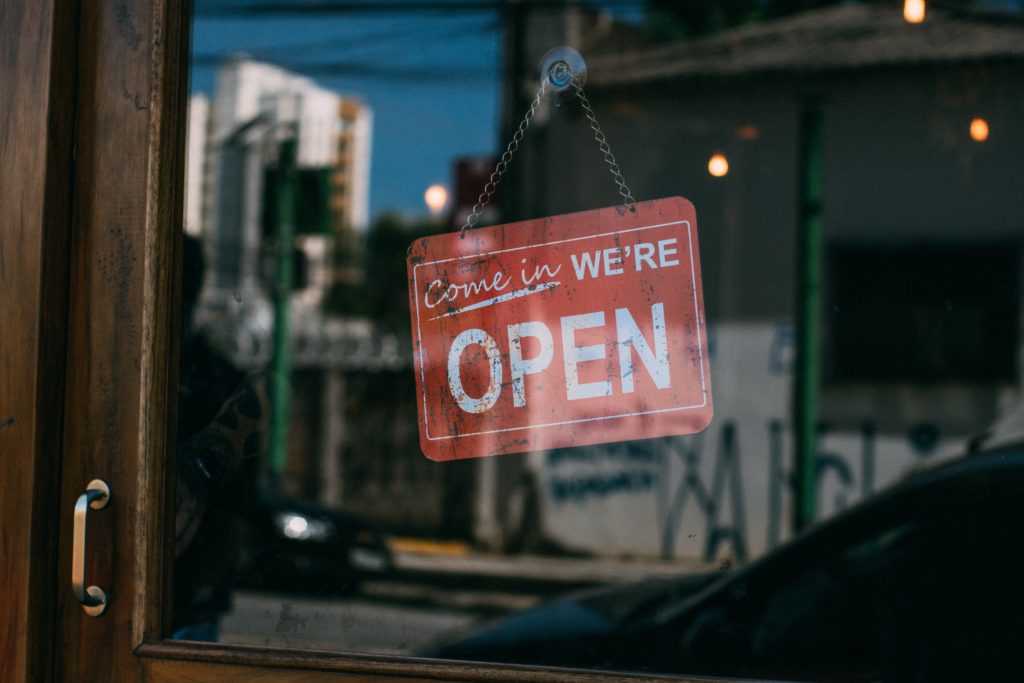
Like cities all over the world, international travel destinations also suffer from gentrification. Foreign money comes in, and local land is bought up in mass. Then all of a sudden, only foreign business owners are benefitting from mass tourism. To combat this, consider spending your money at locally owned businesses. Whenever we take guests out to dinner in Nosara, we make sure to visit our favorite locally-owned restaurants, not only so our Nosara surf school guests can experience the local cuisines but to do our part and support local businesses.
Choose wildlife tours wisely
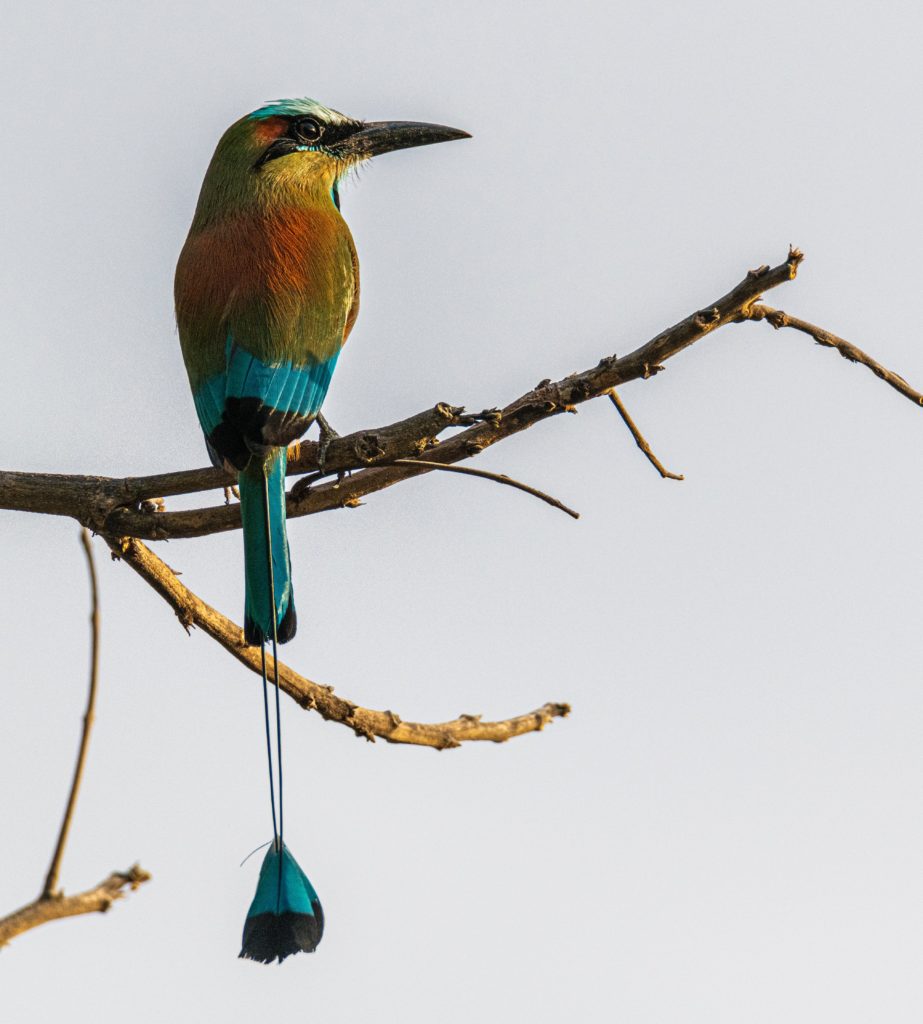
Wildlife attracts visitors to the far reaches of the globe, but wildlife tourism isn’t always ethical and can sometimes be harmful to the animals visitors are lining up to see. Examples of harmful wildlife tourism can be seen all over the globe, like middle America’s drive-by zoos made popular by Tiger King, or Thailand’s Elephant ride companies, which are known for their mistreatment of the animals. When it comes to ethical practices in wildlife conservation, International Animal Rescue Costa Rica in Nosara is the best in the business. Established 20 years ago, International Animal Rescue Costa Rica rescues, rehabilitates, and releases wild animals. While the company provides educational tours, its primary purpose is to rehabilitate and release injured wildlife.
Armed with the knowledge of how to travel sustainably, you’re ready for your next Costa Rica surf adventure. If you’re ready to book your stay and surf lessons with our Nosara surf school, head to our website.

